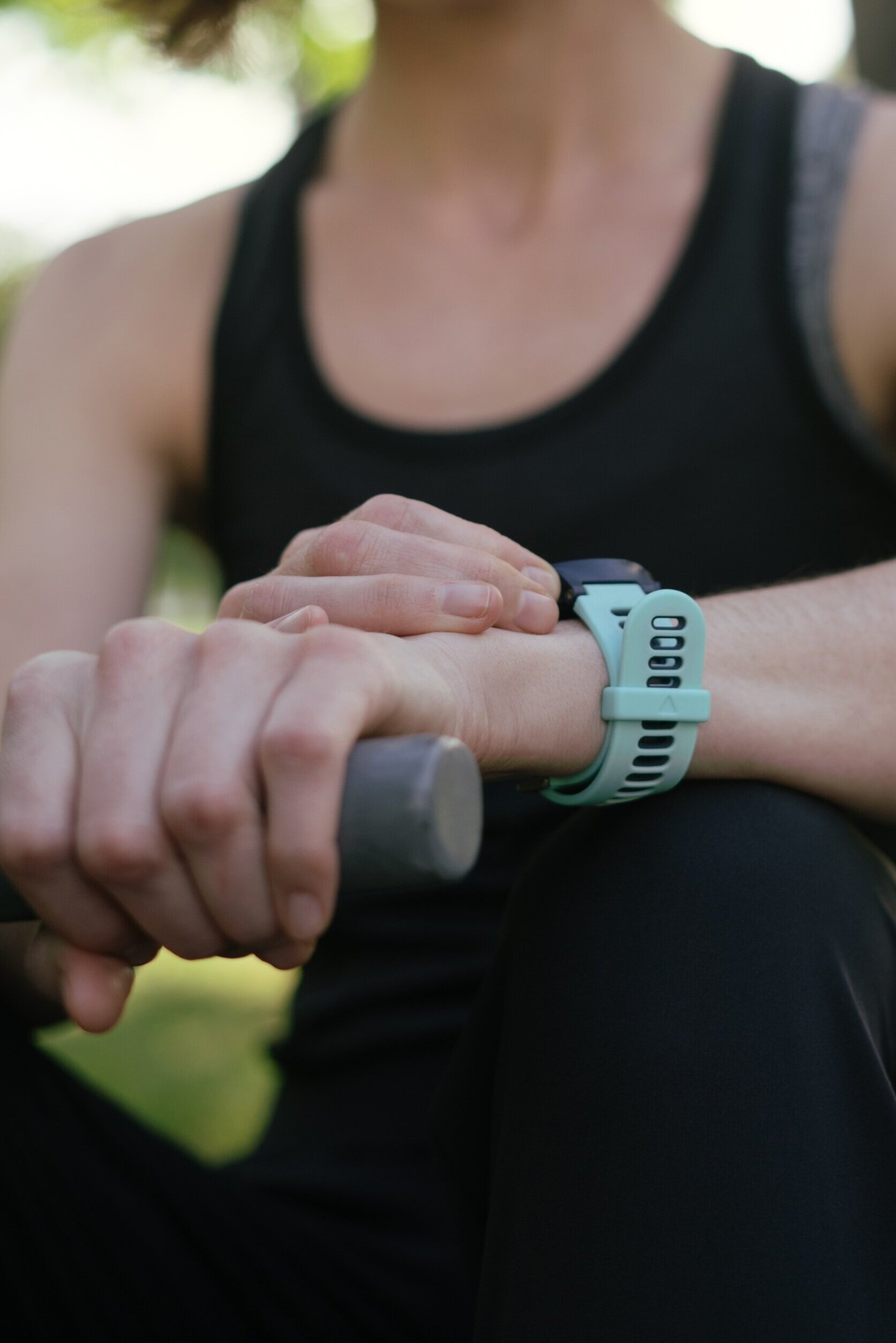In the mid 1960s a Japanese electronics manufacturer being to produce one of the first commercial pedometers measuring an individual’s steps over a given period. This business also provided us with a marketing slogan designed to increase our steps per day to 10,000 or roughly 5 miles per day. Certainly we will not argue with trying to get more Americans to hit this goals of steps, but the health benefits around this number have been questioned by authors. Since this initial device was produced wearable exercise or activity monitors have increased dramatically. Devices essential work with an internal accelerometer designed to track movements in the participant. These movements are then translated into estimates of caloric burn or activity. A recent review of the research documents their accuracy.
O’Driscoll and colleagues in the British Journal of Sports Medicine reviewed 60 studies on the accuracy of various wearable electronic devices (33 of 40 tested were worn on the wrist) against research criterion measures including indirect calorimetry and the gold standard of energy expenditure, double labled water (2020). As expected, devices showed significant variability in their measurements against other devices and compared to the gold standard measurements. Authors reported increased accuracy when watches were able to match activity type (walking, running, cycling) to the accelerometer measurements. In addition, energy expenditure measurements became more accurate when devices were able to concurrently measure heart rate and movement. Finally and surprisingly, during some activities research grade devices did not outperform common commercial devices.
Individuals with these devices are encouraged to pre program the activity they seek to measure as well as utilize devices with heart rate measurements for added accuracy.

